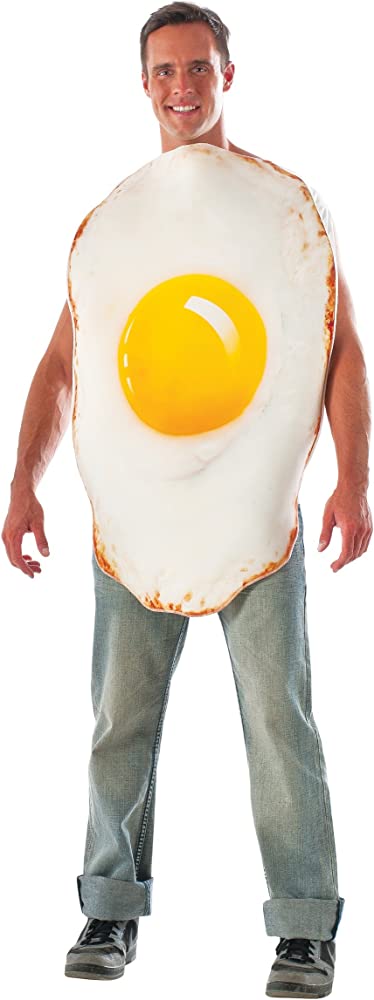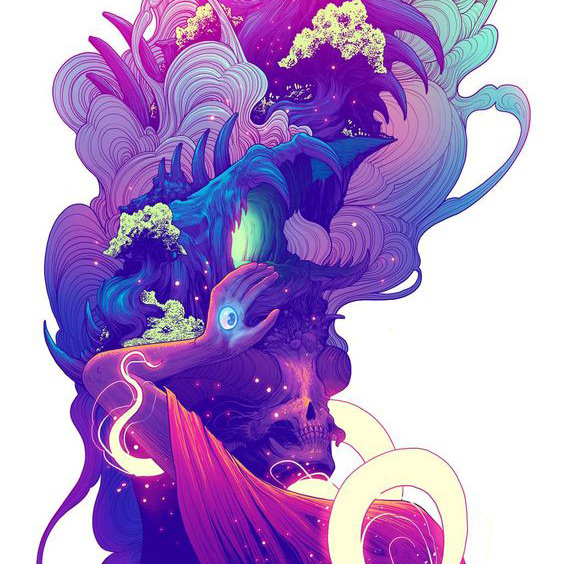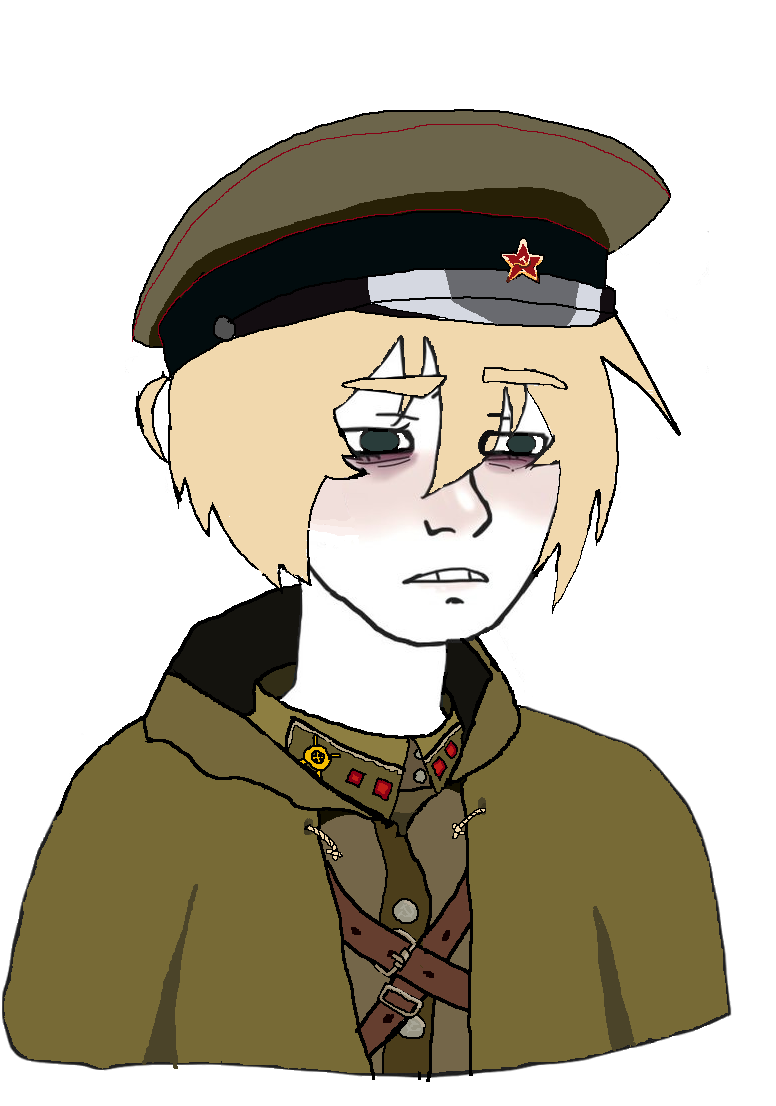I obviously study historical and dialectical materialism, but there are some others I’m interested in. I want to try to get into secular Buddhism, stoicism, existentialism, and maybe absurdism. Does anyone have suggestions on any of these subjects? (I’m already intending to read Simone De Beauvoir, Jean Paul Sarte, and the book ‘capitalism- it’s nature and replacement’ which is a synthesis of Marxism and Buddhism, but the author’s a bit of a leftcom)
Not sure if it’s counted as a philosophy but I’ve followed a hippie ethos for a very long time. The whole ‘be free, love eachother and world peace’ persona. I toured with bands throughout the country and beyond. I dressed in non conventional clothes, had non conventional relationships and did everything to protest authority and the ‘mundane’ life. I was also greatly into the mysticism and religions, which I tried to discover through reading books (like the Bible and the Koran) but also by reading books on alchemists and stuff. Also, drugs.
I come from a poor working class city with a lot of narrow minded people, so I guess it was a way for me to go against the mainstream in the city since I always felt a need to do my own thing, which wasn’t always acceptable.
I turned the hippie life down a notch in recent years and started looking for ideologies that could contribute to a better world in a more effective way. Eventually I found communism. But I do have some aspects of the hippie life in my current life. I’m a really open minded person in a lot of ways (love, nudity, drugs, being who you want to be etc., I still dress in a sort of hippie fashion most of the times and I try to have an appearance that I like, rather than having one that fits in (I have tattoos, a moustache and an earring for example). It’s a cool lifestyle and it has brought me great memories, but I eventually needed to find a more effective way to contribute to world peace and equality.
Not exactly what I was looking for, but interesting. I’ve been kind of interested in other religions besides Christianity, that’s why I mentioned Buddhism, I might read the Koran or something.
It’s an interesting thing to do even if you’re not religious. They are books that inspire billions of people throughout the world, and it gives a perspective on how they look at life.
Plus, I can now say that Christianity and Islam are not my thing. But I know that because I’ve read the books instead of some bigoted reason.
I’m gradually getting into North American Indigenous philosophy. I find it compelling that, by and large, “western” philosophy has brought about terminal imbalance to earth’s systems which has lead to cyclical apocalypse.
Indigenous philosophy is on the “borderlands” meaning that it has been uncomfortably close to settler-colonial discourse and has had to engage for some 500 years or so. Thus Indigenous philosophy is born, not as a reduction of the many nations into a monolithic race, but as a conglomeration of responses to the shared experience that came with colonialism. This intensified around 1890 when many different peoples where thrust into boarding schools and forced to learn the same language and forced to endure incrediblely high death rates, abuse, humiliation and continued poly-apocalypse. Many wrote about their experiences and ideas, formed organizations and became active, continuing discourse with each other and the settler empire.
NA Indigenous philosophy is uniquely important to understanding the US Empire because they were the ones that watched its birth. There are also striking parallels between US/settler relations with Indigenous nations and how the US Empire treats much of the world.
If more people new Indigenous philosophy and history I think we would have stroger political thinkers with more possibilities to work with. It would also make it easier to gain more comrades in the struggle against imperialism and the capitalist classes and restore just relations with colonized peoples which is paramount to building a worthwhile anti imperialist bloc in the core.
For absurdism, there’s really just Albert Camus. To best understand his philosophy, I’d start with his essay The Myth of Sisyphus and if you want to read more after that, maybe his novel The Fall or essay the Rebel. If you decide to read The Stranger, I recommend reading The Meursault Investigation by Kamel Daoud afterwards.
For existentialism, you mentioned Sartre, and I’d recommend Being and Nothingness as his most comprehensive and accessible work on the subject.
I do not have any recs for stoicism (never had a major interest in Hellenistic philosophy) or secular Buddhism unfortunately.
Personally I’m not sure if I follow any specific philosophy as a life guide or anything. I’ve read a ton of it so I think it’s mostly just a soup in my head at this point, so maybe it’s more accurate to say that the culmination of various philosophical works are what shaped my perspectives and decision-making processes. Most of the philosophy I read these days is more along the lines of queer theory, feminism, CRT, postcolonialism, etc., in other words, topics that help strengthen my understanding and conceptualization of struggle.
Is it worth reading ‘the myth of Sisyphus AND other essays’? In their order rather than the order you originally said?
I think you’ll be fine with just Sisyphus. It does the majority of work in conveying his core ideas
Thanks
Thanks, I’ll add those to my reading list.
Been looking vaguely in the direction of gnosticism. It’s a difficult ask to break the staunchly atheistic aversion within me to give it any actual credence, but I have to say that there is something very appealing to me about the idea of our mortal coils being more like punishments than blessings and the key to salvation lying in becoming more and more spiritually and intellectually enlightened.
If I had to guess, my interest stems from having a painful chronic disability and years of body dysmorphia. 😅
I’m a big proponent of treating others the way you want to be treated, and for the most part live and let live.
I have sympathies with Daoism/Taoism, even though I’m a staunch atheist.
I’m a believer in a grounded, softer version of the Gaia Hypothesis.
What appeals to you in the Taoist position? I was just looking it up in the Stanford encyclopedia of philosophy, and it was a little hard to understand. On another note, the Gaia hypothesis does seem interesting and somewhat reasonable. Do you have any reading you’d suggest for either?
Taoism appeals to me because it is theoretically possible to be interpreted as an atheistic and secular philosophy/psuedo-religion. It dates back to ancient China, and it feels like a way more tolerable and “sane” philosophical framework that helps explain aspects of existence and humanity and sociological interaction, and some of the teachings of Taoism resonate with me.
Namely there being a “flow” to the cosmos and human interaction and the complex relationship between thoughts and actions, respect, change, and individuality and the collective.
It can sound like spiritual woo, but I like to interpret it as a framework to view life through.
I don’t have any particular reading pertaining to the Gaia Hypothesis, its just something I find fascinating due to my research on the biosphere, biology, paleontology, complex feedback systems, evolution, and our dying Earth.






